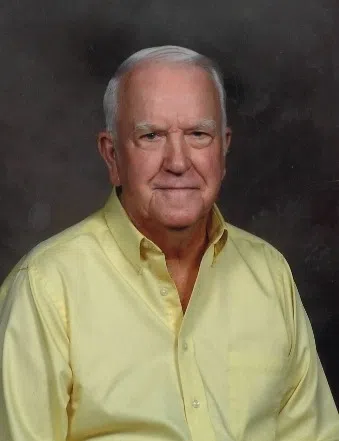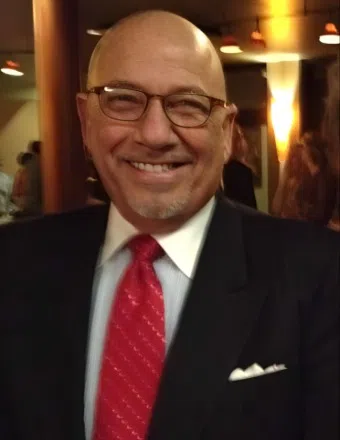Raleigh, N.C. — North Carolina Health and Human Services Secretary Dev Sangvai visited two state-operated healthcare facilities on Wednesday, highlighting the vital services they provide to vulnerable populations and underscoring growing concerns over severe staffing shortages and pending state budget cuts.
Secretary Sangvai began his visit at Longleaf Neuro-Medical Treatment Center in Wilson, a facility that serves adults with chronic and complex medical needs, including neurodevelopmental and neurocognitive disorders, as well as severe mental illness. Accompanied by top department leaders — including State Health Director Dr. Lawrence Greenblatt and Chief Psychiatrist Dr. Carrie Brown — Sangvai toured residential halls and inspected newly completed renovations to the kitchen and outdoor verandah.
Facility leaders shared challenges that have intensified in recent years. With over 200 open positions and a 43% vacancy rate, Longleaf relies heavily on contract workers to maintain operations. Nursing vacancies are especially acute.
“The health care workforce in North Carolina is vital to the health of our communities,” said Secretary Sangvai. “Together we will work toward solutions, like increased pay and retention efforts, to fill these critical positions and ensure people continue to receive the care they need.”
Despite the workforce strain, Longleaf has demonstrated resilience, recently resuming normal operations after temporarily housing displaced residents from the Black Mountain Neuro-Medical Treatment Center during Hurricane Helene.
Later in the day, Secretary Sangvai visited the Walter B. Jones Alcohol and Drug Abuse Treatment Center (ADATC) in Greenville, one of two state-run substance use disorder treatment facilities. He toured the newly opened residential unit, the facility’s cafeteria, and its Opioid Treatment Center.
Much like Longleaf, Walter B. Jones ADATC is facing staffing shortages, with more than 55 vacant positions and a 38% vacancy rate. These challenges have reduced the center’s operating capacity to 35 out of 42 beds.
“State-operated healthcare facilities are the backbone to providing critical and complex services to some of the most vulnerable people in North Carolina,” said Sangvai. “If we want to create a healthier North Carolina, we must retain positions to attract and maintain staff and providers in these vital facilities.”
Sangvai’s visit comes as North Carolina lawmakers debate budget proposals that could eliminate hundreds of positions within the Department of Health and Human Services. Officials warn that such cuts could force permanent reductions in facility capacity, limiting access to care for those most in need.







